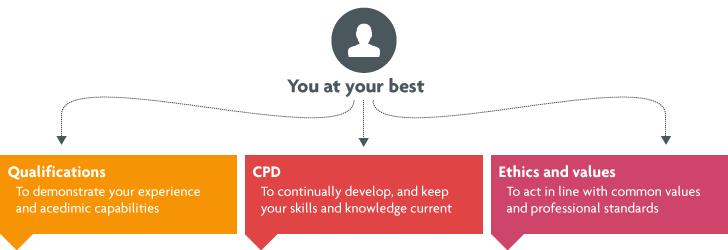
Accreditation of degrees
Traditionally, environmental science was a profession that required a higher education degree. As the sector evolves, there are new pathways into the profession through technical education and apprenticeships. Whilst the IES is not an educational provider but does accredit numerous higher education degrees. See a full list of these programmes.
Reports
We also have published a number of reports that examine higher education:
Careers guidance
We also provide resources that help students and graduates make career choices.

